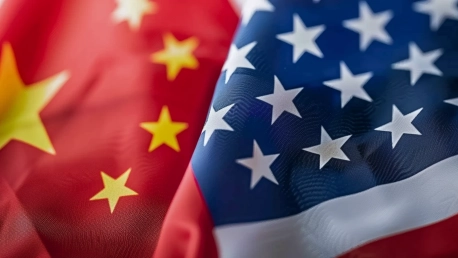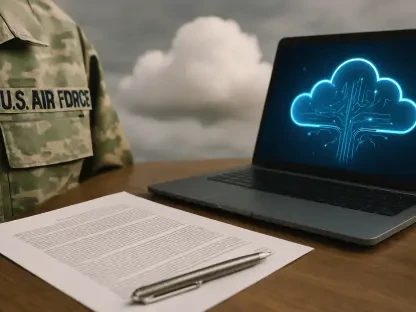As geopolitical friction between the United States and China continues to grow, particularly in the realm of high-tech industries, major corporations like Microsoft find themselves navigating a complex and often tense landscape. Microsoft, a global leader in cloud computing and artificial intelligence, has reportedly started relocating a significant number of its China-based employees to address U.S.-China tech tensions. This article aims to explore the multifaceted approach Microsoft is taking to maneuver through this sensitive situation, ensuring innovation while upholding national security requirements.
Microsoft’s Strategic Employee Relocation
The Scope of the Relocation Initiative
In response to the escalating U.S.-China tech tensions, Microsoft has initiated a broad relocation plan that seeks to move nearly 700 to 800 engineers specializing in machine learning and other advanced computational fields to less geopolitically sensitive countries. The relocation options include moving to the United States, Ireland, Australia, and New Zealand. The move underscores Microsoft’s strategic foresight; by transferring key personnel to regions aligned with U.S. national security interests, the tech giant is proactively mitigating risks that come with operating within a contentious geopolitical space.
Implications for Microsoft’s Operations in China
Despite this strategic relocation, Microsoft’s commitment to China remains robust. The tech powerhouse has a longstanding history in the region, with more than three decades of operations, including a significant research and development facility outside the United States. By maintaining a presence in China, Microsoft can continue to engage with the vast Chinese market and talent pool while upholding its commitment to global technological advancement and collaboration.
Responding to National Security Concerns
Addressing U.S. Regulations and Security Risks
Microsoft’s latest maneuvers are intimately tied with burgeoning U.S. regulations concerning the transfer of advanced technologies, particularly AI, to China. Given the potential for such technologies to be repurposed for military use, cyber espionage, or even biological warfare, the U.S. government has instituted strict controls over the export of sensitive assets, including sophisticated AI models.
Preempting Geopolitical Risks
Microsoft’s decision to proactively relocate its workforce signals an acute awareness of the increasing use of AI for cyber offensive operations by state-sponsored actors, including those from Russia, China, and Iran.
The Future of Technology and Security Collaboration
Amid escalating U.S.-China tensions, particularly in high-tech sectors, corporations like Microsoft are recalibrating their strategies. As a tech titan in AI and cloud services, Microsoft is reportedly transferring numerous employees from China. This step is seen as a way to mitigate risks associated with the current geopolitical strife and to align with national security directives.









